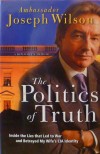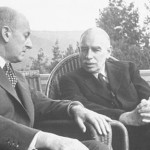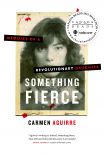From the Annals of Religious Intolerance & Chutzpah
In Gaithersburg, MD, Marcel Guarnizo, a Catholic priest officiating at the funeral of an 85-year old Catholic woman refused communion to Barbara Johnson, the late woman’s daughter, after learning that 51-year old woman is gay. Johnson was a guest Wednesday night on “The Last Word with Lawrence O’Donnell.” Appearing on the program, only days ago having buried her mother she explained to O’Donnell that after denying her the sacrament, as Johnson began eulogizing her mother before the congregation, Guarnizo rose from his seat near the altar and left the sanctuary. She added that later he failed to attend the burial or arrange for another priest to be present at the graveside. She was grateful to a funeral director who at the last minute found a willing cleric to officiate over the burial.
The Boston Globe, with research assistance from former Mormon Helen Radkey, reported today that Daniel Pearl, the Wall St. Journal reporter who was murdered in Pakistan in 2002, was posthumously baptized in a Mormon church earlier this year. The revelation is the latest in a litany of similar discoveries made over the past few weeks, including so-called conversions done for the parents of Nazi-hunter Simon Wiesenthal, and even Barack Obama’s late mother, Stanley Anne Dunham.
As discussed earlier on this blog, in Hitchens’ Book of Mormonism and “‘A Crass Attempt at Mass Identity Theft’,” Mormon officials in 1995 had agreed to end this bizarre and unwelcome practice, but they now have told the Globe “it is difficult to police 14 million members worldwide.” And yet, it seems they have also declined to condemn these freelance baptizers. I first read about this issue, also in 1995, when I republished Alex Shoumatoff’s excellent book The Mountain of Names, a study of kinship and the history of the human family.









